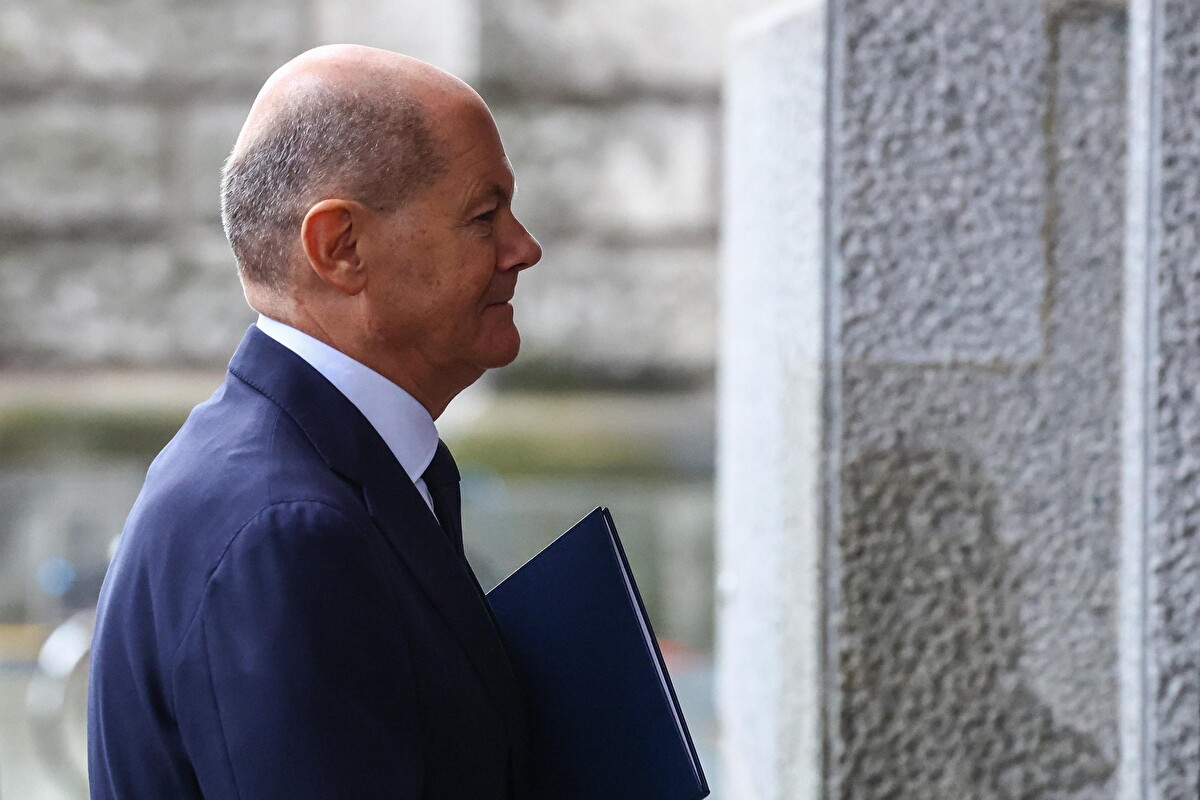Germany’s parliament agreed Monday to hold an early election on February 23 after Chancellor Olaf Scholz’s government lost its majority. The move comes in the wake of the collapse of his three-party coalition, triggered by the pro-market Free Democrats quitting last month over disagreements on fiscal policy, leaving the Social Democrats (SPD) and the Greens without enough votes to govern.
Under Germany’s system, a failed confidence vote is the only way to dissolve parliament. The debate before the vote saw sharp exchanges between party leaders. Scholz defended his leadership, highlighting his handling of the economic and security challenges posed by Russia’s invasion of Ukraine. He also promised to focus on infrastructure investments if re-elected, arguing that cutting spending now would hurt the country in the long term.
Friedrich Merz, the conservative challenger leading in polls, accused Scholz of burdening future generations with debt and failing to follow through on military reforms. “You’re running up debt without thinking about the future,” Merz said. However, neither leader addressed the constitutional spending cap, which many economists blame for the country’s crumbling infrastructure.
Polls show the conservatives leading by more than 10 points over the SPD, with the far-right Alternative for Germany (AfD) now slightly ahead of the SPD. The Greens are in fourth place. Despite the AfD’s rise, mainstream parties have ruled out a coalition with them, but their presence makes coalition-building more complicated.
Scholz has proposed €11 billion in tax cuts and increased child benefits, which could pass with opposition support before the election. The conservatives have also backed measures to protect the Constitutional Court from populist influences and extend a popular subsidized transport ticket. However, proposals to ease the tax burden are uncertain, and Merz rejected a Green proposal to cut energy prices, calling for a full overhaul of Germany’s energy policy instead.
Robert Habeck, the Greens’ chancellor candidate, warned that the growing political fragmentation in Germany could make it harder for future governments to function. “It’s hard to see how the next government will have an easier time than this one,” he said.
Meanwhile, AfD leader Alice Weidel has called for the deportation of Syrian refugees, citing the collapse of Bashar al-Assad’s regime as justification.











